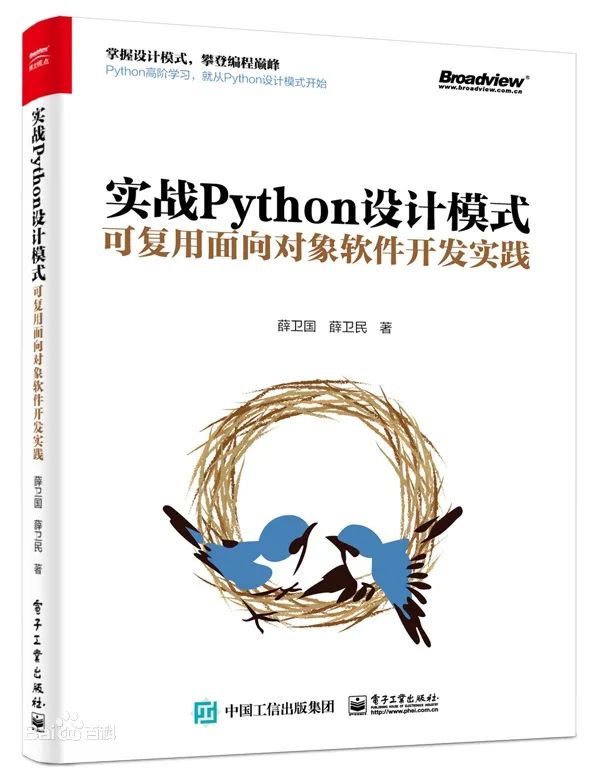C++核心准则CP.200:使用volatile只能表明该变量是非C++内存

CP.200: Use volatile only to talk to non-C++ memory
CP.200:使用volatile只能表明该变量是非C++内存
Reason(原因)
volatile is used to refer to objects that are shared with "non-C++" code or hardware that does not follow the C++ memory model.
volatile用于表明参照的对象需要和非C++代码或硬件共享而遵守C++内存模型。
Example(示例)
const volatile long clock;
This describes a register constantly updated by a clock circuit. clock is volatile because its value will change without any action from the C++ program that uses it. For example, reading clock twice will often yield two different values, so the optimizer had better not optimize away the second read in this code:
这段代码描述一个不断被时钟电路更新的寄存器。clock被定义为volatile是因为它的值在使用它的C++程序没有任何动作的情况下被修改。例如,两次读取clock经常可以得到不同的值,因此优化器最好不要优化掉这段代码中的第二个读操作。
long t1 = clock;
// ... no use of clock here ...
long t2 = clock;
clock is const because the program should not try to write to clock.
clock定义为常量是为了表明程序不应该对clock进行写操作。
Note(注意)
Unless you are writing the lowest level code manipulating hardware directly, consider volatile an esoteric feature that is best avoided.
除非你正在编写直接操作硬件的低层次代码,否则将volatile作为冷门功能并最好避免使用。
Example(示例)
Usually C++ code receives volatile memory that is owned elsewhere (hardware or another language):
通常情况下,C++代码接受有其他某处拥有的volatile内存(硬件或其他语言):
int volatile* vi = get_hardware_memory_location();
// note: we get a pointer to someone else's memory here
// volatile says "treat this with extra respect"
Sometimes C++ code allocates the volatile memory and shares it with "elsewhere" (hardware or another language) by deliberately escaping a pointer:
某些C++代码会分配volatile内存并通过故意泄露指针的方式和其他部分共享(硬件或其他语言)它。
static volatile long vl;
please_use_this(&vl); // escape a reference to this to "elsewhere" (not C++)Example, bad(反面示例)
volatile local variables are nearly always wrong -- how can they be shared with other languages or hardware if they're ephemeral? The same applies almost as strongly to member variables, for the same reason.
volatile类型的局部变量几乎一定是错的--如果它们只能短期存在,怎么能分享给其他语言或硬件呢?由于同样的原因,该原则也几乎一定适用于成员变量。
void f()
{
volatile int i = 0; // bad, volatile local variable
// etc.
}
class My_type {
volatile int i = 0; // suspicious, volatile member variable
// etc.
};Note(注意)
In C++, unlike in some other languages, volatile has nothing to do with synchronization.
和其他语言不同,在C++中不会为同步做任何事情。
Enforcement(实施建议)
Flag volatile T local and member variables; almost certainly you intended to use atomic
instead. 标记volatile类型的局部变量和成员变量;几乎可以肯定的说你想用的其实是atomatic
。 ???
原文链接https://github.com/isocpp/CppCoreGuidelines/blob/master/CppCoreGuidelines.md#cp200-use-volatile-only-to-talk-to-non-c-memory
新书介绍
以下是本人3月份出版的新书,拜托多多关注!

本书利用Python 的标准GUI 工具包tkinter,通过可执行的示例对23 个设计模式逐个进行说明。这样一方面可以使读者了解真实的软件开发工作中每个设计模式的运用场景和想要解决的问题;另一方面通过对这些问题的解决过程进行说明,让读者明白在编写代码时如何判断使用设计模式的利弊,并合理运用设计模式。
对设计模式感兴趣而且希望随学随用的读者通过本书可以快速跨越从理解到运用的门槛;希望学习Python GUI 编程的读者可以将本书中的示例作为设计和开发的参考;使用Python 语言进行图像分析、数据处理工作的读者可以直接以本书中的示例为基础,迅速构建自己的系统架构。
觉得本文有帮助?请分享给更多人。
关注微信公众号【面向对象思考】轻松学习每一天!
面向对象开发,面向对象思考!
